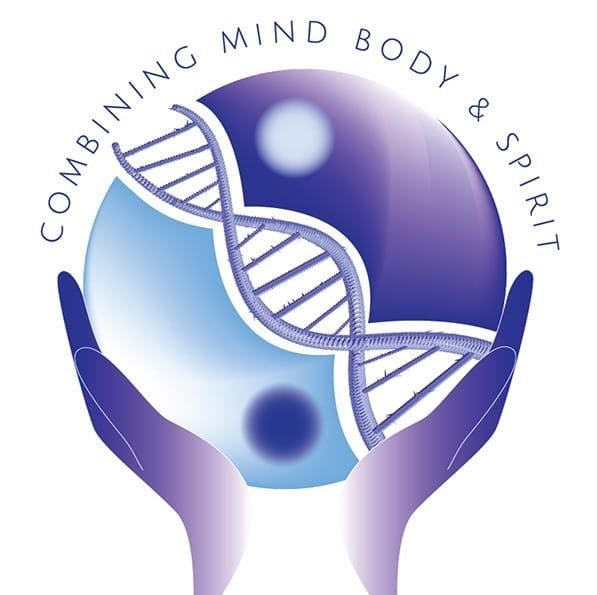BodyTalk and Anxiety, Depression and Stress
BODYTALK AND ANXIETY, DEPRESSION, AND STRESS
By: Tracey Clark D.O. (MP), AdvCBI, AdvCBP, ParBP, BAT, BA
Anxiety, depression, and stress affect billions of people all over the world every day. 1 out of 4 people in the UK have mental health problems, and statistics show that 3 million UK citizens are diagnosed with depression, 4% of children in the UK are anxious or depressed and 15.4 million working days were lost due to work related stress, depression or anxiety.
We all suffer from stress in our lives. In fact, stress can actually represent a positive influence when it stimulates us to achieve our goals and accomplish our daily tasks. Good stress, or eustress, can help us to escape danger when we need to or manage through a trauma. Stress only becomes “bad” when too much of it builds up around us triggering overwhelm in the nervous system and keeping us from functioning effectively in our daily lives.
Anxiety, like stress, can be a healthy response to a situation when it is put to work to help to solve problems and come up with new solutions. When anxiety becomes excessive however, the scope of what we can handle in our lives becomes smaller and smaller. What may have started with an uncomfortable situation can escalate over time to cause physical symptoms of distress like a pounding heartbeat, muscle tension, headaches, upset stomach, shortness of breath and fatigue. The mind races and becomes restless, irritable, has trouble concentrating, and begins to anticipate the worst in each situation.
Believed to originate from the same biological mechanism in the brain, depression and anxiety often come hand in hand. Although we all feel ups and downs in our life, depression is categorized as a mood disorder that presents in ongoing and long term feelings of sadness, hopelessness, worthlessness, and disassociation.
Like stress and anxiety, depression often leads to many physical symptoms including pain in the back, muscles, joints, and chest, headaches, digestive problems, exhaustion, weight loss or gain, and dizziness.
So, with the dramatic and continual increase in the number of people suffering from chronic stress, anxiety and depression, along with controversy about the efficacy of anti-depressant/anti-anxiety medication, what can be done to shift the tide and make a change? The BodyTalk system offers a unique, non-invasive, and supportive approach to searching below the surface of these often debilitating disorders to help to reveal the contributive factors and associations that may be causing the nervous system to spin out of control.
BodyTalk recognizes the interrelatedness of the mind and body and understands the powerful effect that emotions, beliefs, memories, expectations, events, and environmental triggers can have on the way that each and every one of your 30 trillion cells function.
Anxiety and depression can be expressions of a complex web of influences including genetics, brain chemistry, personality, and life events. A BodyTalk practitioner uses a method of neuromuscular biofeedback to help to ascertain the story behind the symptom. Techniques such as Cellular Repair may aid in helping to balance genetic predisposition toward emotional and mental disorder. A Body Chemistry balance can be very effective in balancing chemical intolerance, hormonal imbalance or toxicity that may play a role in an over reactive system.
The BodyTalk system respects the fact that emotion, in the form of neuropeptides, may be stored in the tissues and may be re- triggered by environmental factors in the home or work place. When unresolved fear, worry, or sadness is reactivated by a situation or memory, a physiological response will ensue causing the brain to react as though the distressing event were happening all over again. This can be a significant contributing mechanism in the experience of chronic or acute anxiety. Using a technique called Active Memory, a BodyTalk practitioner works with the body to disassociate, neutralize, and release emotions that have been stored in the connective tissue.
Situational symptoms can act as valuable messengers. A reaction, behavior, or physical symptom can be a gateway to revealing outdated beliefs, expectations, and unexpressed emotions. A BodyTalk session helps you to understand the meaning behind the meltdown while disassociating the old programming that has perpetuated it.
